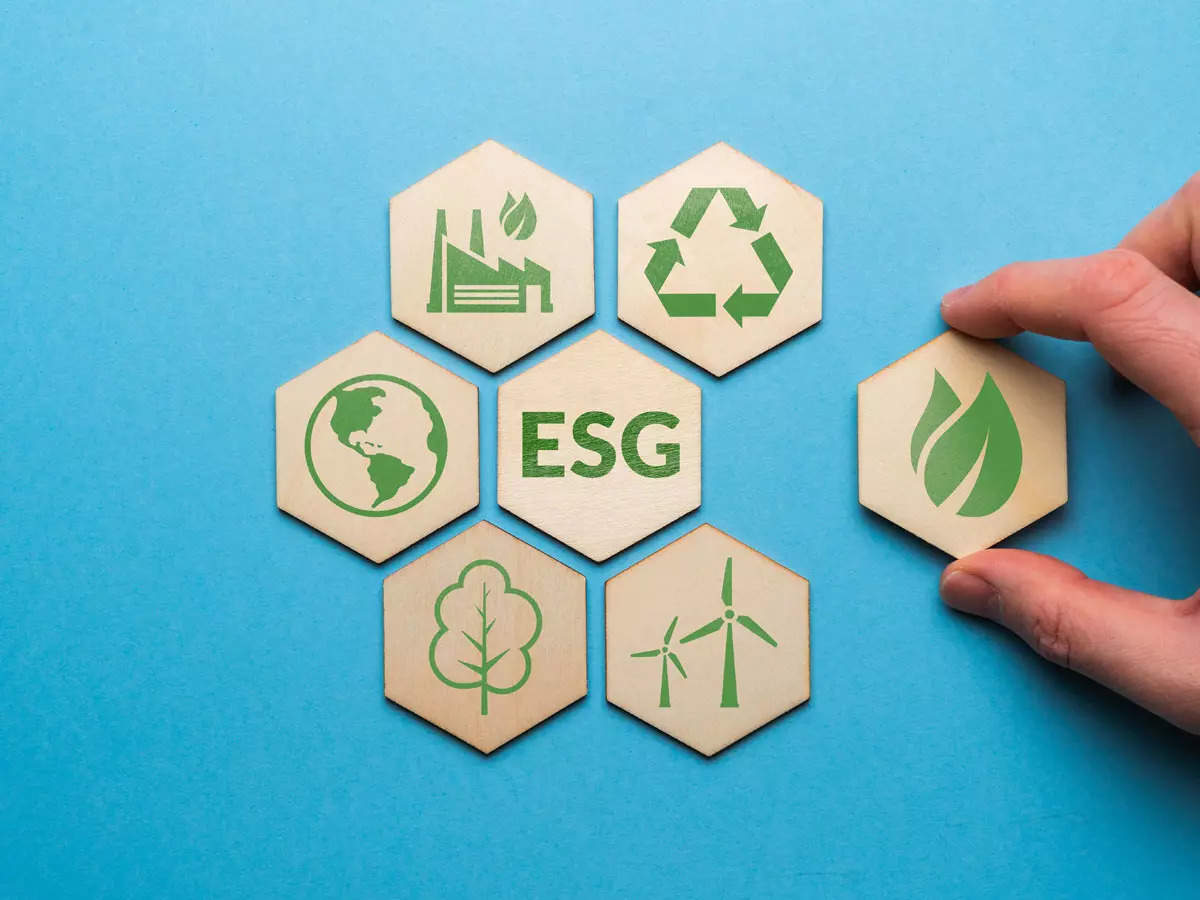The ESRS standards include broader environmental, social and governance reporting requirements, a need that arose from the rise of ESG as an investment criterion, which prompted the need to standardize reporting systems.
Currently, the Commission envisages 12 ESRS, divided into four reporting categories: general, environmental, social and governance categories. Of these, the two ESRS are general, while a strong emphasis is placed on the environment with five standards, which focus as follows: E1 – Climate Change, E2 – Pollution, E3 – Water and Marine Resources, E4 – Biodiversity and Ecosystems and E5 – Use resources and circular economy.
As for the social part, this includes four categories, which include: S1 – The company's own workforce, S2 – Workers in the value chain, S3 – Affected communities and S4 – Consumers and end users. Finally, one category addresses the issue of governance, focusing on ethics related to corporate practices.
The standards come in response to EU law requiring large companies and all listed companies (except very small listed companies) to publish information about the risks and opportunities arising from social and environmental issues , as well as the impact of their activities on people and the environment. This helps investors, environmental organisations, consumers and other stakeholders to assess the sustainability performance of companies, as part of the European Green Deal.
However, the sustainability information reported here is not always sufficient or accurate, and the issue of comparing the performance of companies, which often report based on different standards, remains acute. Understandably, problems in the quality of sustainability reports have a negative impact, since investors lack reliable knowledge of the sustainability-related risks to which companies are exposed.
That is why, under the Corporate Sustainability Reporting Directive (CSRD), the Commission is adopting common standards that will help companies communicate and manage their sustainability performance more effectively and thus , to gain better access to finance.
In order to facilitate procedures given an already complex international sustainability standardization system, the Commission took into account the existing standards of the International Sustainability Standards Board (ISSB) and the Global Reporting Initiative (GRI).
The standards originate from the European Green Deal, which requires an assessment of companies' sustainability performance. They have been compiled by the European Financial Reporting Advisory Group and are intended to meet the reporting requirements of the EU Corporate Sustainability Reporting Directive (CSRD) and the Sustainable Financial Disclosure Regulation (SFDR).
The draft standards were originally submitted to the Commission in November 2022, but EFRAG has made substantial changes, based on feedback from stakeholders and the Commission. The final standards adopted by the Commission are less stringent, while reclassifying certain sectors from mandatory to voluntary, in order to make it easier for liable companies and smooth the transition to the new regime
The European Sustainability Reporting Standards (ESRS) will be mandatory for use by companies required to include certain sustainability information in their financial results. However, compliance by companies will occur gradually, based on pre-defined criteria, according to the usual EU standard.















